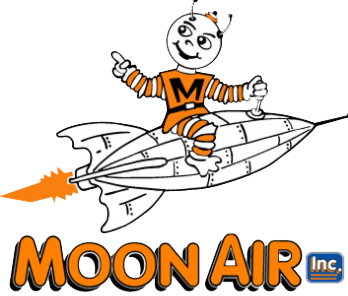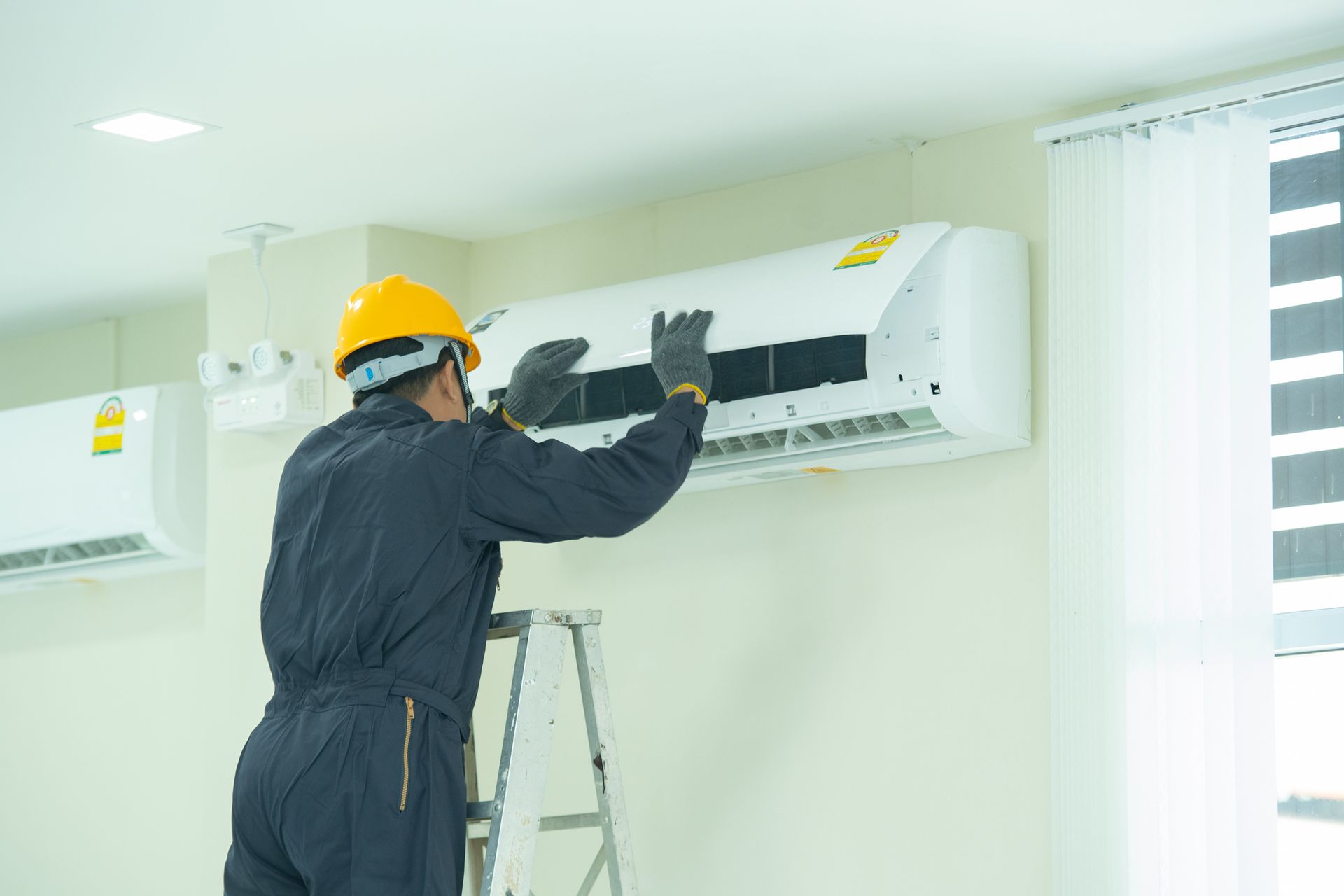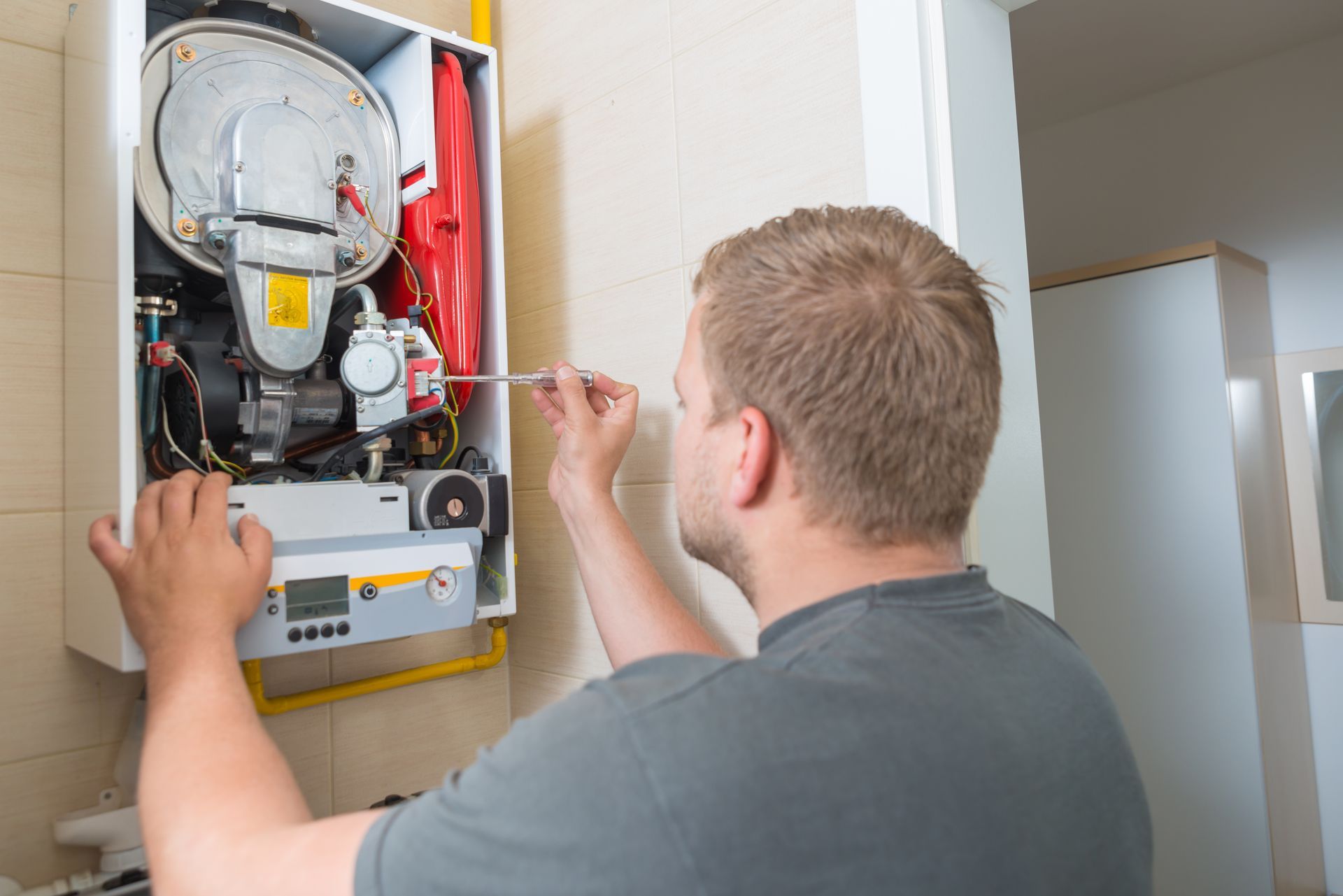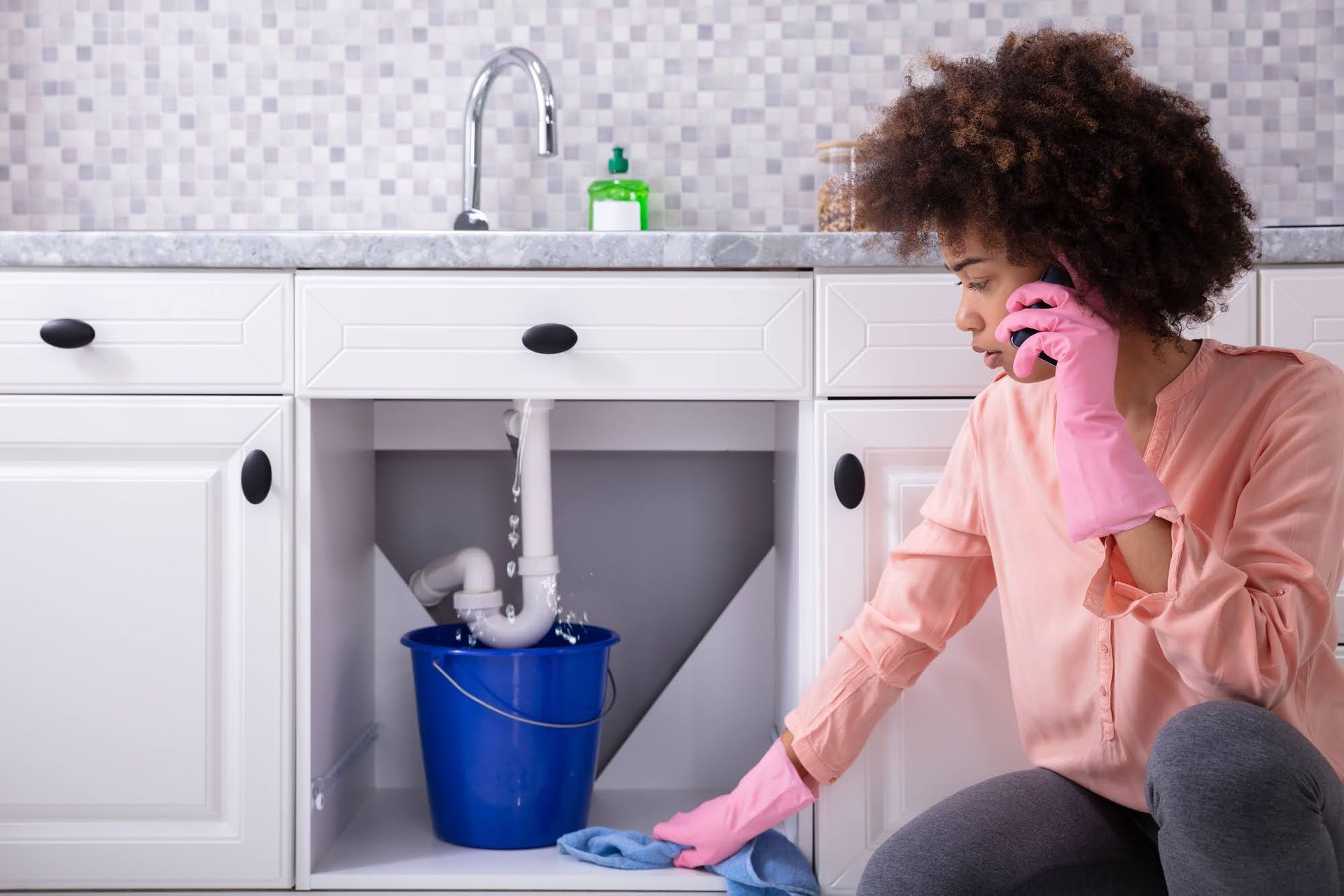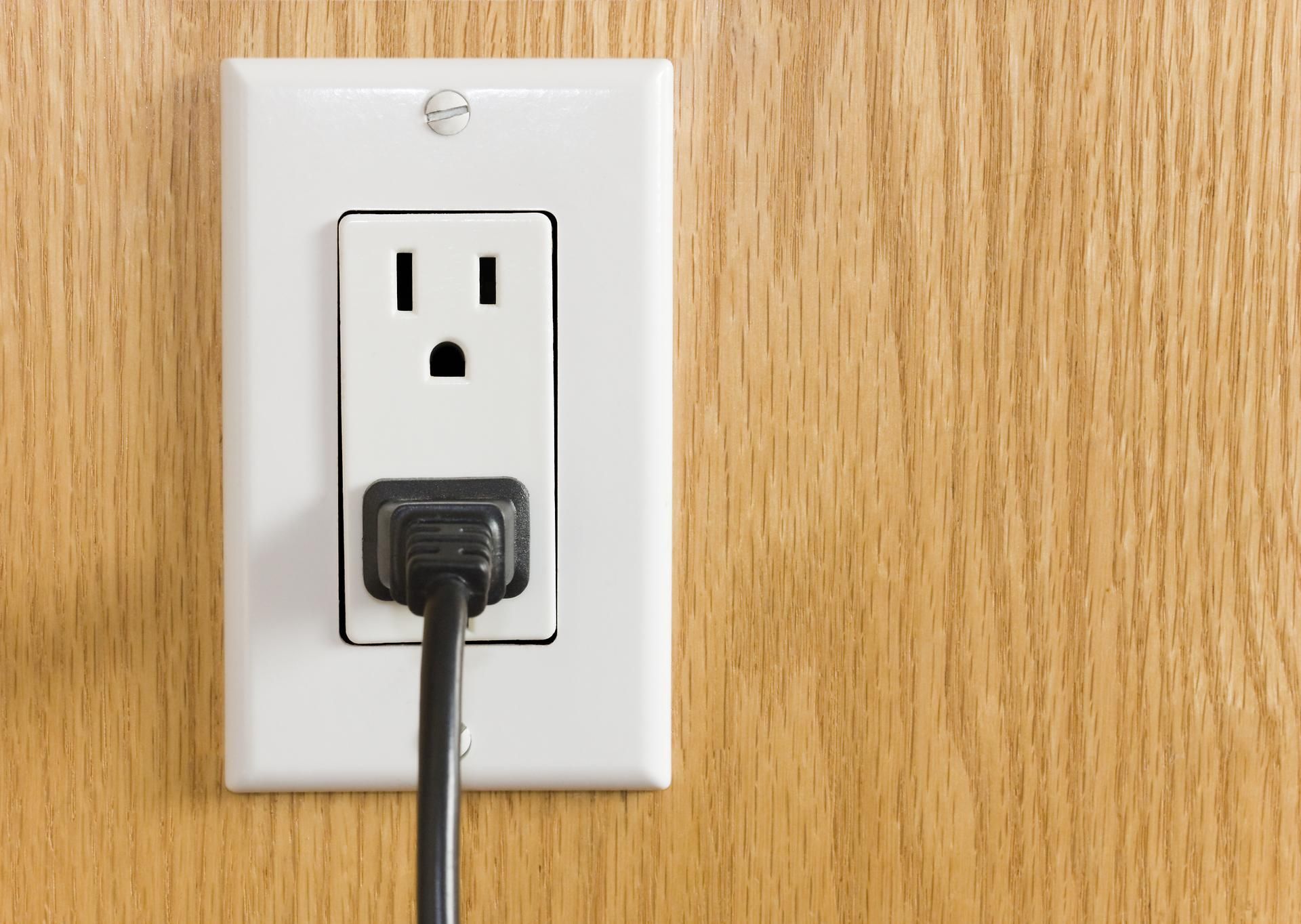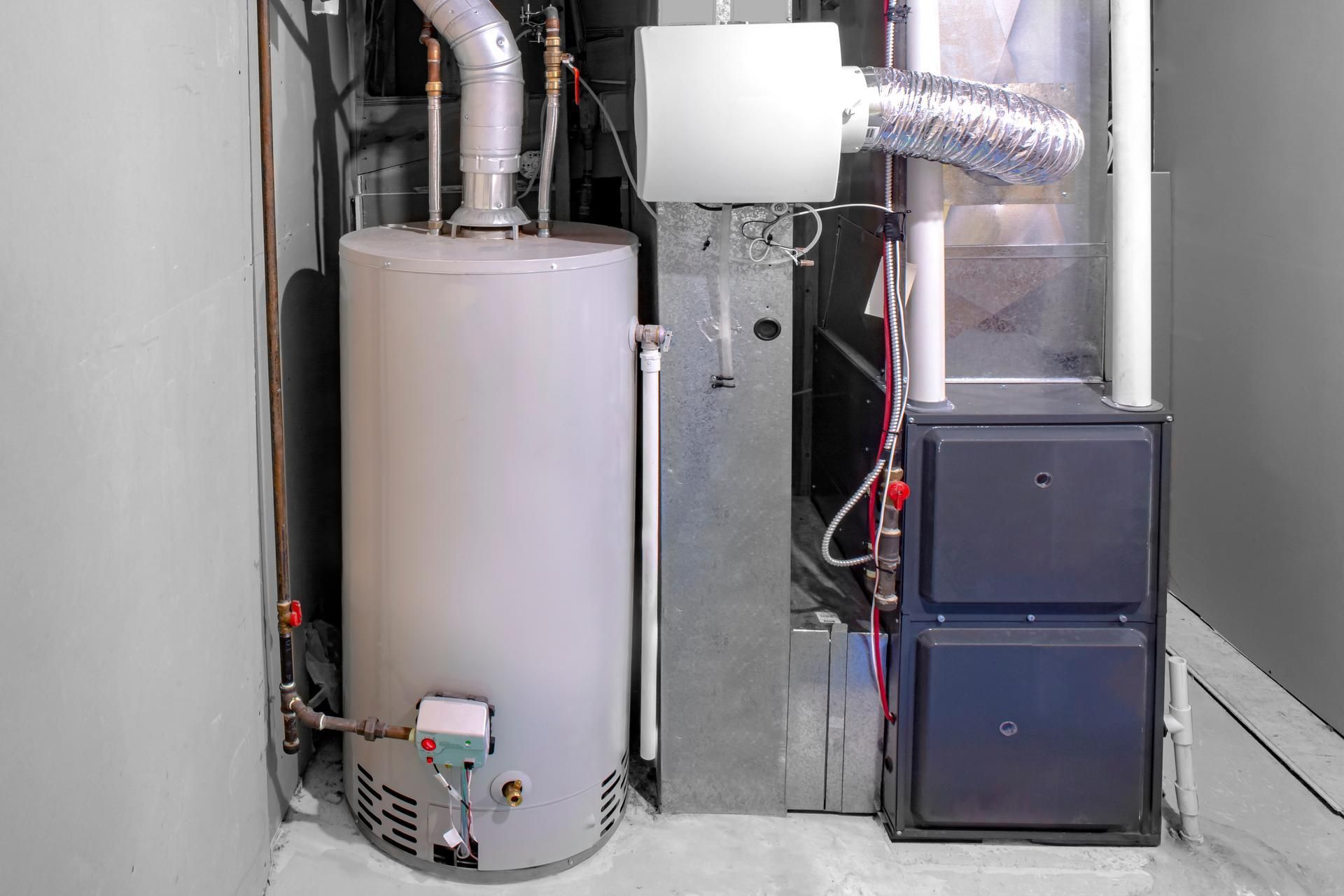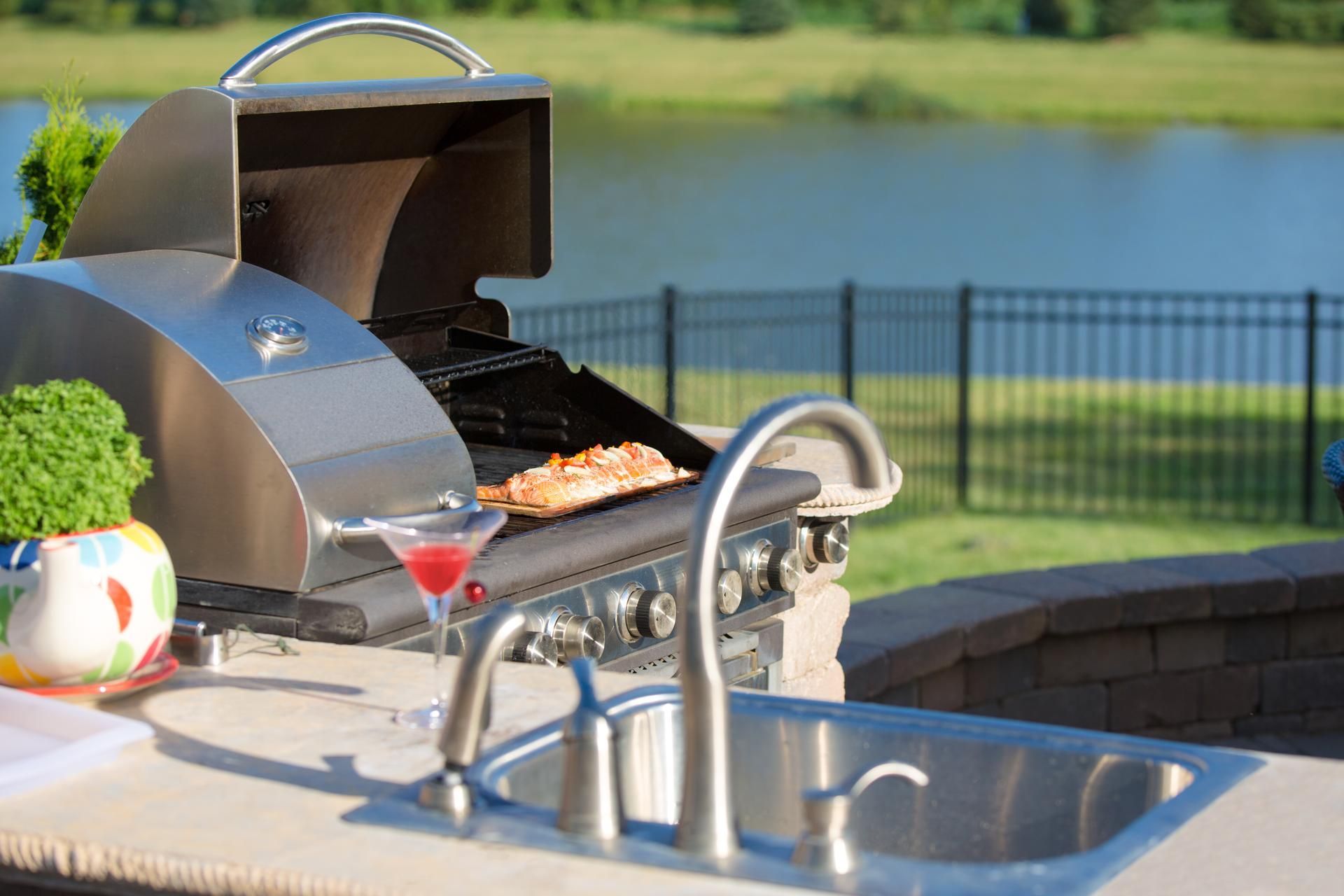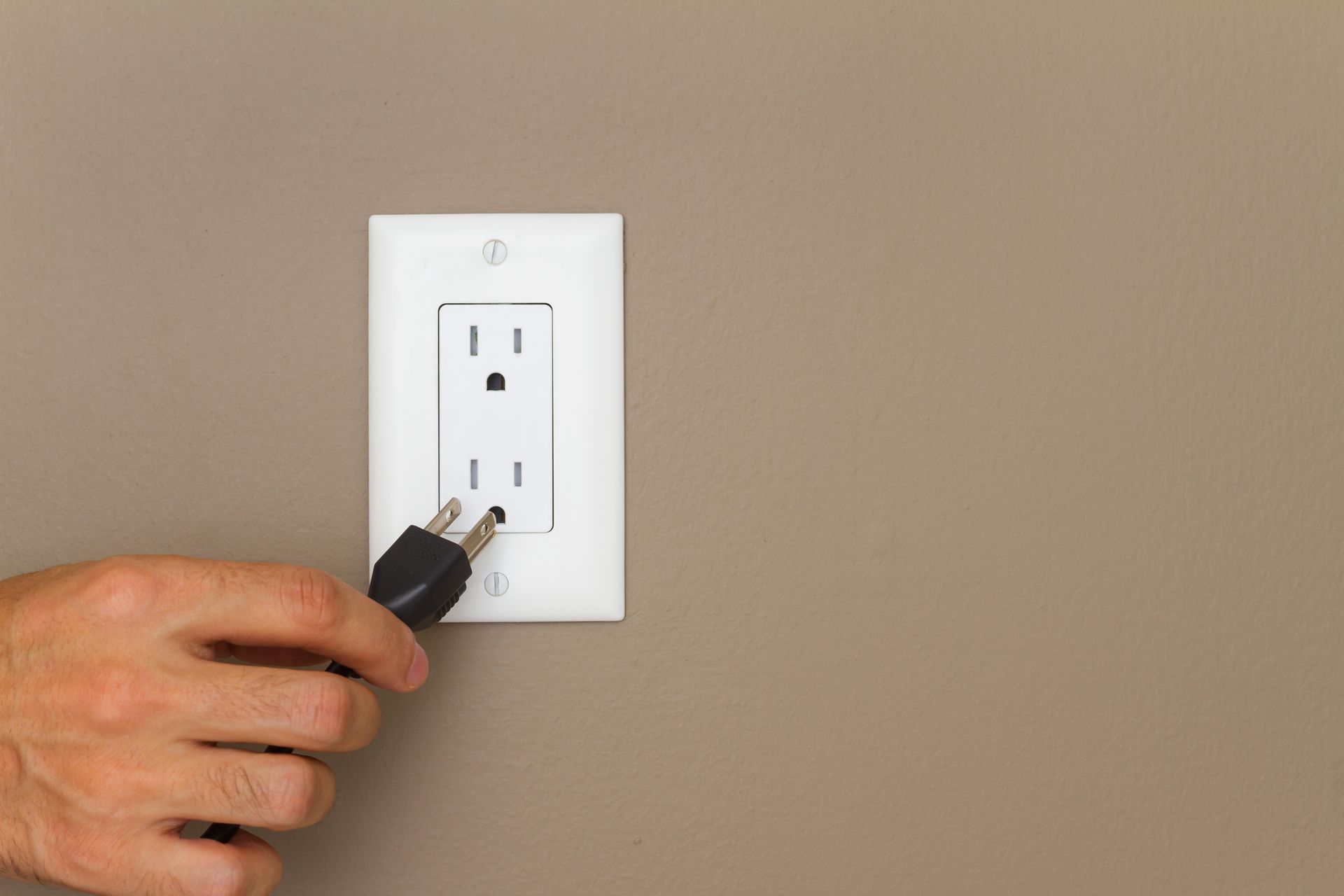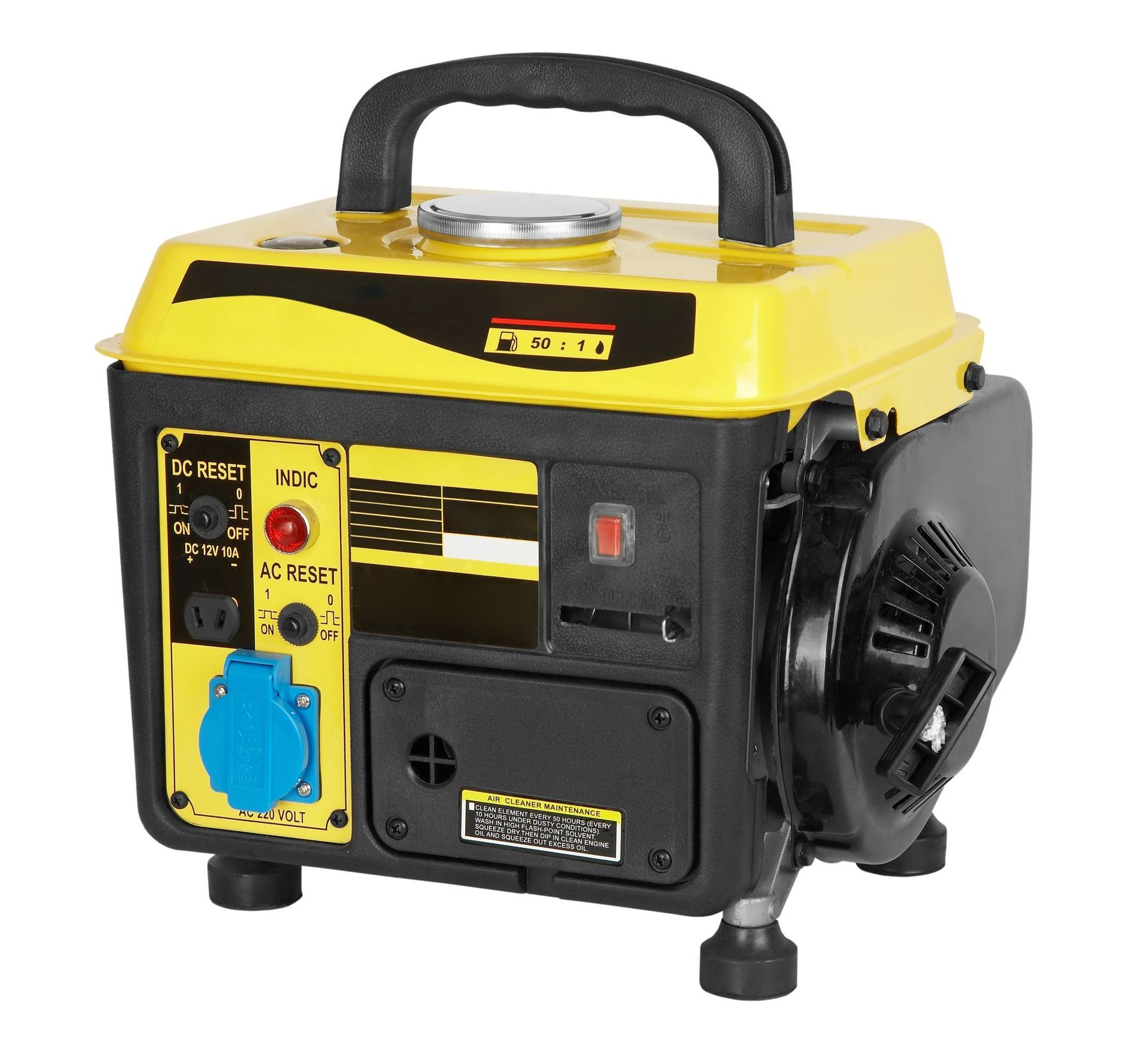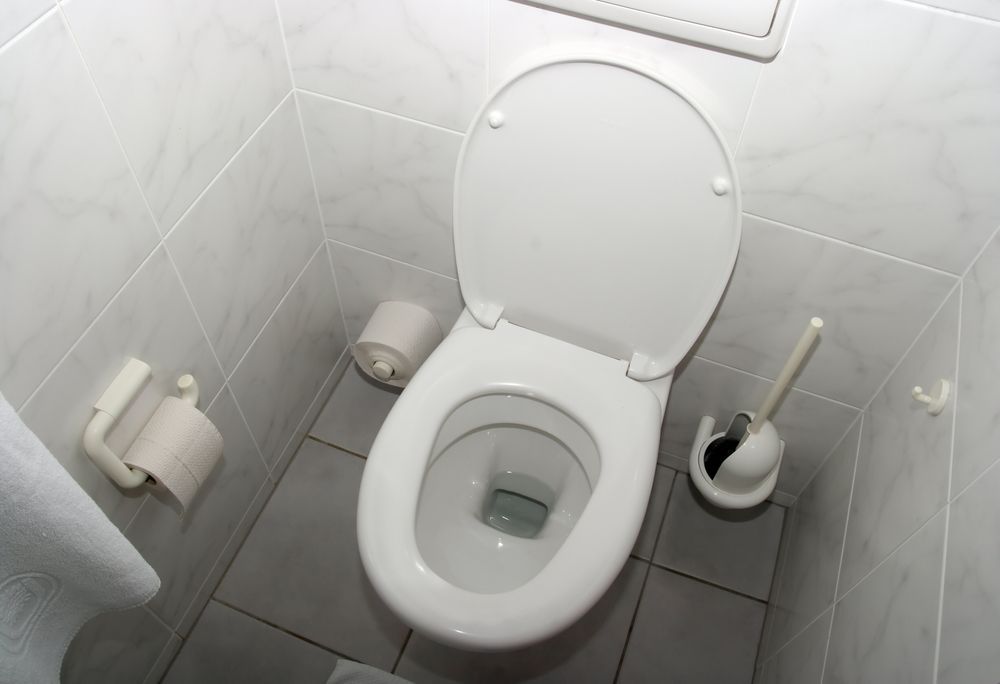Instances When You Should Update Your Home Furnace

Keeping your home warm and comfortable during the colder months is essential for creating a cozy living environment. Your home furnace plays a crucial role in maintaining the desired temperature, but like any appliance, it may eventually require an update. In this blog post, we will explore various instances when updating your home furnace is recommended to ensure optimal heating efficiency and address potential concerns. By understanding these indicators, you can make informed decisions about when it's time to upgrade your heating system.
Age of the Furnace
As with any mechanical system, the age of your home furnace is a critical factor to consider when deciding whether to update. Most furnaces have an average lifespan of several years depending on the type of furnace and how well it's installed. If your furnace is nearing or exceeding its expected lifespan, it’s likely to face issues such as unexpected breakdowns, decreased reliability, and lower efficiency—all of which can lead to higher energy bills. Older systems often struggle to meet heating demands, resulting in inconsistent performance and potential safety risks. Upgrading to a newer model boosts energy efficiency and ensures more reliable heating, consistent comfort, and peace of mind knowing your home will stay warm when it matters most. Modern furnaces also come equipped with features designed to reduce environmental impact and lower long-term operating costs, making them a smart and sustainable investment.
Increasing Energy Bills
If you've been seeing a steady rise in your energy bills without any changes in how much energy you use, it can be concerning. Older furnaces often have lower Annual Fuel Utilization Efficiency (AFUE) ratings, meaning they use more fuel to generate the same amount of heat. Upgrading to a high-efficiency furnace can lead to substantial energy savings and help you regain control over your heating costs.
Frequent Repairs
Are frequent furnace repairs becoming a recurring issue? While occasional maintenance is expected, repeated breakdowns may signal that your furnace is nearing the end of its lifespan. Constantly paying for repairs can quickly add up, making a new furnace a smarter financial choice. Upgrading saves you money in the long run and provides enhanced reliability and performance for your home.
Uneven Heating and Comfort Issues
If certain areas of your home feel noticeably colder or warmer than others, or if you experience inconsistent temperatures throughout, it may be a sign that your furnace is struggling to distribute heat evenly. An outdated or improperly sized furnace often fails to provide consistent heating, leading to discomfort and inconvenience. Upgrading to a correctly sized, energy-efficient furnace can help maintain even warmth and significantly improve comfort across your entire home.
Safety Concerns
Older furnaces can present significant safety risks, particularly if they lack proper maintenance or rely on outdated safety features. Common problems include carbon monoxide leaks, cracked heat exchangers, and malfunctioning ignition systems. If you're concerned about your furnace's safety, it's crucial to consult a professional technician. They can evaluate its condition and recommend upgrades or replacements to keep your household safe and secure.
Energy Efficiency and Cost Savings
In addition to the comfort and safety considerations, upgrading your furnace can lead to significant energy efficiency improvements and cost savings. Older furnaces tend to be less efficient, resulting in higher energy consumption and increased utility bills. By investing in a modern, high-efficiency furnace, you can enjoy improved energy efficiency and potentially reduce your heating costs. Newer furnaces often incorporate advanced technologies such as variable-speed blowers and energy-saving features, allowing for more precise temperature control and optimized energy usage. Upgrading to an energy-efficient furnace benefits your wallet and contributes to a more sustainable and environmentally friendly home.
Your home furnace plays a crucial role in providing reliable and efficient heating during the colder months. By staying vigilant and recognizing the signs that indicate the need for an update, you can ensure optimal heating efficiency, improved comfort, and increased energy savings. Consulting with a qualified HVAC professional is highly recommended to assess your furnace's condition and guide you in selecting the right replacement that meets your specific needs. Don't wait until your furnace completely fails—proactively updating it will help you maintain a warm and cozy home for years to come.
For more info, contact us at Moon Air Inc.
Local Business Partners



